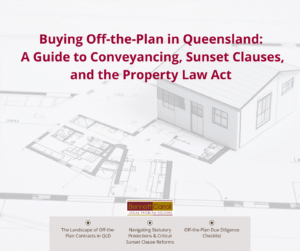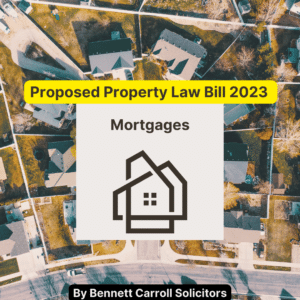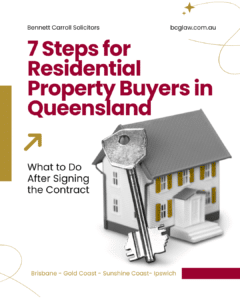The reasons for a tenant to break their fixed term tenancy agreement can vary, from purchasing a home to financial difficulties.
Under section 277 of the Residential Tenancies and Rooming Accommodation Act 2008 (Qld) (“RTRA”) a lease can be ended in these circumstances, by way of:
- a tenant giving a landlord a notice of intention to leave the premises and handing over vacant possession of the premises on or after the handover day; or
a written agreement between the landlord and tenant. - Where a tenant breaks their lease, compensation is often payable to the landlord.
This typically includes lost rent (until another tenant can be found) and the reasonable costs of re-letting and advertising fees. To ascertain whether compensation is payable, landlords should review the terms of their lease. Under section 44 of the Residential Tenancies and Rooming Accommodation (COVID-19) Emergency Response) Regulation 2020 (Qld), tenants can apply to break their lease early with costs capped at the equivalent of one week of rent until 31 December 2020.
To be eligible for this COVID-19 protection, the tenant must have lost 75% of their income and have less than $5,000.00 in savings.
If there is more than one (1) tenant under the lease, the tenants collectively will be liable to pay one week of rent, provided there has been a 75% reduction in the combined total income of all the tenants and the combined savings of all the tenants is less than $5,000.00. Landlords should also note that under section 362 of the RTRA, they are legally obliged to take reasonable steps to mitigate any loss suffered as a result of the tenant breaking the lease. Therefore, landlords must act promptly after receiving notice from the tenant.
To discuss your property matter feel free to contact us today. Bennett Carroll Solicitors have offices located in Brisbane, Gold Coast and the Sunshine Coast.
Call us on or email and safeguard your interests every step of the way- We are your legal problem solvers.







